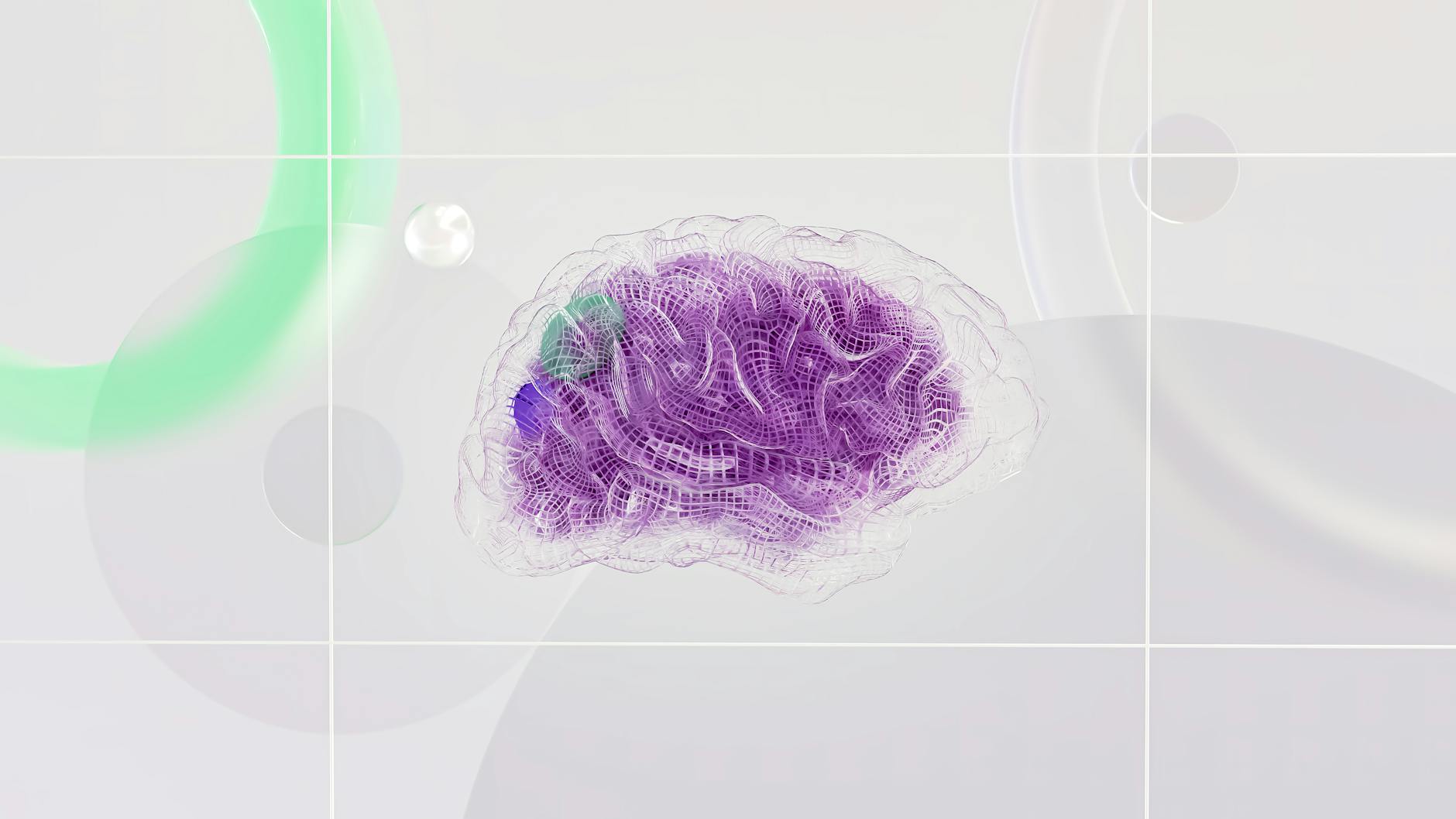
Image courtesy of Google DeepMind via <a target="_blank" rel="noopener noreferrer" href="https://www.pexels.com/photo/an-artist-s-illustration-of-artificial-intelligence-ai-this-image-represents-how-machine-learning-is-inspired-by-neuroscience-and-the-human-brain-it-was-created-by-novoto-studio-as-par-17483868/">Pexels</a>
Unravel the mysteries of quantum computing and discover the limitless potential waiting to revolutionize the world of technology.
Table of Contents
Hey there, tech enthusiasts! Today, we’re diving deep into the world of emerging technologies in the tech industry and comparing some of the most revolutionary advancements shaping our future. From Artificial Intelligence (A.I.) to Internet of Things (IoT) and Robotics to Blockchain, there’s plenty to discover and discuss. Let’s buckle up and embark on this exciting journey together. Are you ready?
Artificial Intelligence (A.I.) and Machine Learning
Artificial Intelligence and Machine Learning are the buzzwords in today’s tech landscape, and for a good reason. A.I. systems mimic human-like thinking processes, while machine learning algorithms enable computers to learn from data and improve over time. With applications spanning across healthcare, finance, marketing, and more, A.I. is transforming industries like never before.
Internet of Things (IoT) and Blockchain
The Internet of Things and Blockchain are revolutionizing the way we interact with technology and information. IoT connects everyday devices to the internet, creating smart ecosystems for homes, cities, and businesses. Meanwhile, Blockchain ensures secure, transparent transactions using decentralized ledgers. Both IoT and Blockchain hold the potential to disrupt industries and enhance data privacy and security.
Robotics and Automation
Robotics and Automation are reshaping traditional manufacturing and service industries. Robotics technology introduces autonomous machines that perform tasks efficiently and accurately, while automation streamlines workflows and operations, reducing human intervention. Although concerns exist about human job displacement, the collaboration between humans and machines has the power to boost productivity and create new opportunities.
| Topic | Description |
|---|---|
| Introduction to Quantum Computing | Understand the fundamental principles behind quantum computing and how it differs from classical computing. |
| Quantum Mechanics | Explore the principles of quantum mechanics that form the basis of quantum computing, including superposition and entanglement. |
| Quantum Algorithms | Learn about specific quantum algorithms such as Shor’s algorithm and Grover’s algorithm that can outperform classical algorithms for certain tasks. |
| Quantum Hardware | Discover the different types of quantum hardware being developed, including superconducting qubits and trapped ions. |
| Applications of Quantum Computing | Examine the potential applications of quantum computing in various fields such as cryptography, optimization, and machine learning. |
Conclusion
We’ve only scratched the surface of the infinite possibilities that emerging technologies offer in the tech industry. From powerful A.I. systems and data-driven IoT networks to secure Blockchain transactions and efficient Robotics processes, the future holds exciting advancements in store. By staying informed and embracing digital transformations, we can navigate the ever-evolving tech landscape with confidence and curiosity.
What is quantum computing?
Quantum computing utilizes principles of quantum mechanics to perform computations using quantum bits (qubits) that can exist in multiple states simultaneously, allowing for complex calculations at exponential speeds.
What are the potential applications of quantum computing?
Quantum computing can revolutionize fields such as cryptography, optimization, drug discovery, and artificial intelligence by solving complex problems faster than classical computers.
How does quantum computing differ from classical computing?
Classical computing uses binary bits (0 or 1) for calculations, while quantum computing leverages qubits that can represent both 0 and 1 simultaneously due to quantum superposition and entanglement.
What is the current state of quantum computing technology?
Quantum computing technology is still in its early stages, with researchers and companies working on developing scalable quantum hardware and algorithms to overcome challenges such as quantum decoherence and error correction. Stay tuned for exciting advancements in the field.




